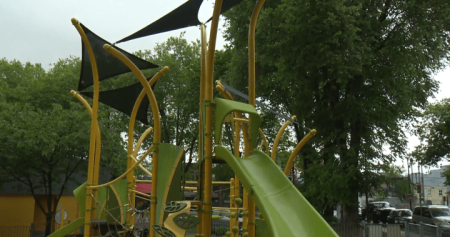Ten years ago, Jean-François Lisée predicted that Quebec’s independence movement could be reborn under the right circumstances. However, after his party, the Parti Québécois, was reduced to 10 seats in the 2018 election, it was widely believed that separatism was no longer a defining issue in Quebec politics. Francois Legault, leader of the conservative-leaning party Coalition Avenir Québec, became Quebec’s new leader, promising not to hold a referendum and received a decisive majority of votes. This led many to believe that the PQ’s days were numbered. However, as the party enters its 30th anniversary of Quebec’s second independence referendum, a new leader, Paul St-Pierre Plamondon, has revitalized the party, positioning them to win a majority if an election were held today.
Despite the PQ’s recent resurgence in popularity, support for independence in Quebec has remained stagnant at around 35 percent and has not significantly increased in recent years. Younger Quebecers, in particular, do not resonate with the independence movement, with many supporting the status quo simply because they have never seriously considered an alternative. Emile Simard, the leader of the PQ’s youth wing, believes that a referendum campaign would force young people to consider the question more deeply and believes that Quebec should have the opportunity to decide on independence. David Heurtel, a political analyst, notes that independence was a hip, younger generation thing in past decades, but that sentiment is not widespread among today’s youth.
Charles Breton, executive director of the Centre of Excellence on the Canadian Federation, points out that young Quebecers are neither sovereigntist nor federalist, as the question has not been actively discussed in recent years. He worries about how Canadians would respond to a new independence movement and whether there would be strong opposition as there was in 1995. The prospect of a federal Conservative government in Ottawa could also impact the PQ’s prospects, as Conservative Leader Pierre Poilievre’s approach to the provinces differs from that of Prime Minister Justin Trudeau. Yet, the idea that Quebec is better off alone could gain traction if a Conservative government is in power.
Despite many uncertainties, the sovereigntist movement appears to be gaining momentum in Quebec. A PQ victory in the upcoming provincial election, combined with possible federal opposition from the Bloc Québécois, could give the independence movement more clout than it has had in decades. The prospect of a PQ victory in 2026 is also a possibility, although the party may face competition from the provincial Liberals, who are preparing for a leadership race. For now, independence is not the main concern for most Quebecers, but the possibility of a referendum in the future looms large. Emile Simard remains confident that a referendum is coming and that the population is ready to address the issue of Quebec independence once again.















